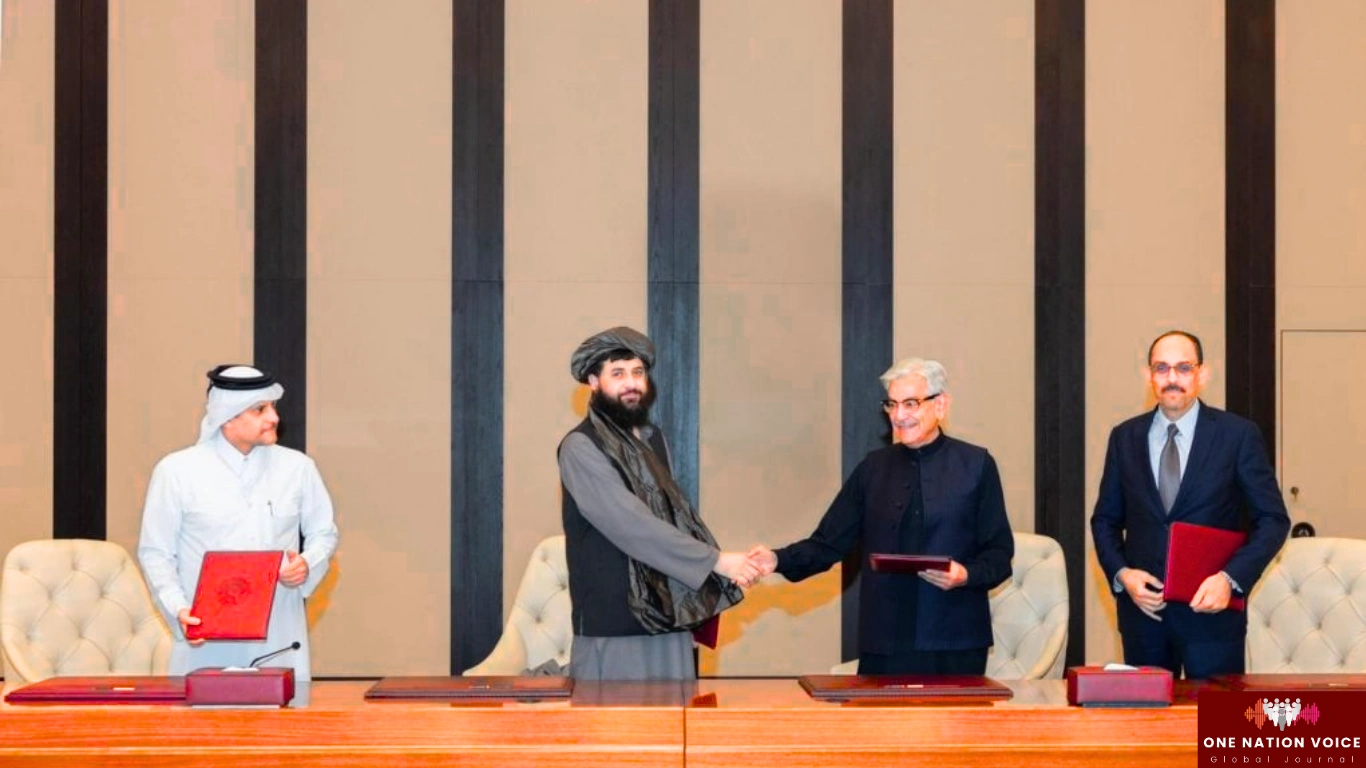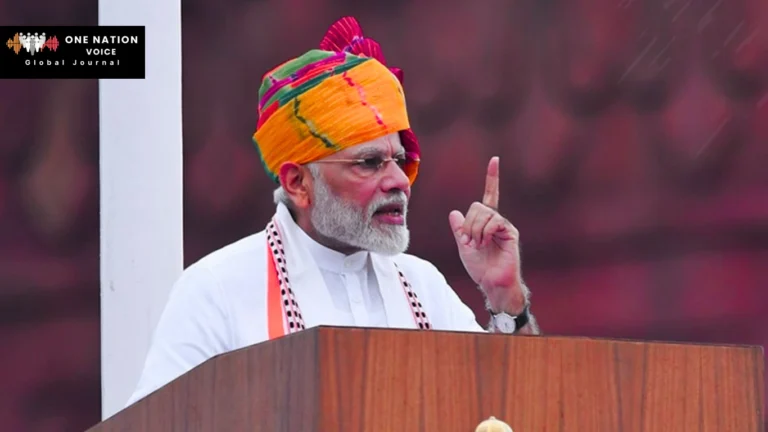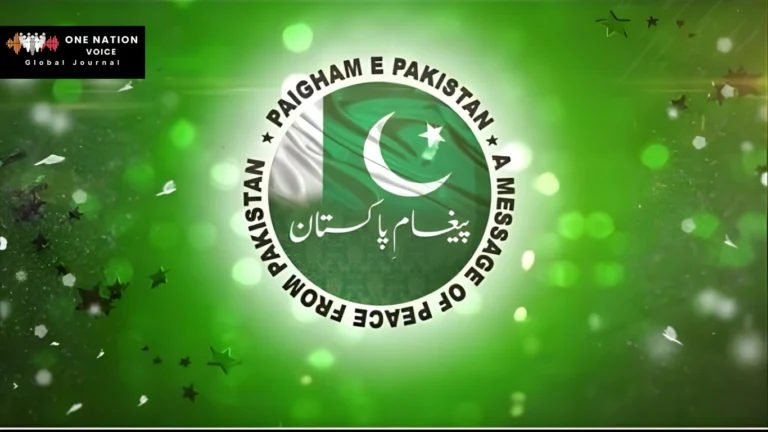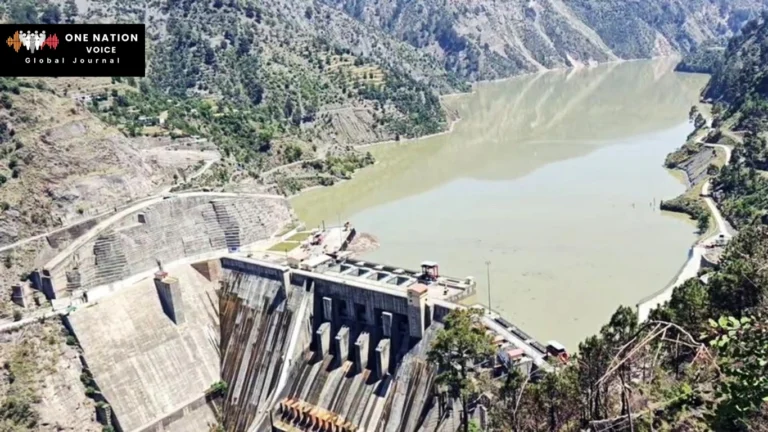Pakistan-Afghan Taliban Doha Agreement, A Moment of Clarity

Pakistan-Afghan Taliban Doha Agreement, A Moment of Clarity
The recent agreement between the Afghanistan Taliban and Pakistan that was concluded in Doha is like a long overdue reset. Months prior to the event, the two parties had been on edge geographically. This was because of the border conflicts, retaliatory strikes, and general exasperation in Islamabad against Kabul due to the lack of Taliban’s action against the groups such as the TTP and BLA. This time Pakistan did not only complain, but it took action.
A Shift In Tone
The reaction that was given by Pakistan to the recent attacks was not only about revenge. It was a message that the old days when the Afghan soil could be used to launch attacks against Pakistan without any repercussions, were long gone.
The Pakistani military attacks on certain terrorists’ hideouts were not arbitrary, but they were well calculated and the Taliban felt the heat.
Such action and clarity bring the Taliban to the table. Pakistan was not satisfied only with negotiations, but it had an agenda, definite terms, and an upper hand.
The Doha Equation
Moving forward, Qatar and Turkey intervened to put the situation under control. They are both very close to Pakistan and Taliban, and their participation put the process into some form of trust and balance which was needed. Qatar has practice in this type of diplomacy, and Turkey also has some weight in the Muslim world which others cannot match. So, the two of them worked together in order to guide things to the path of dialogue rather than fighting.
This is not just symbolic. The fact that they are included as guarantors makes the contract a bit sticky. Hence, it looks like the agreement will persist for long.
The Message Of Pakistan Was Very Direct
Moreover, in Doha, Pakistan had not considered taking the trouble of dressing the things up with fancy words. It came up with an unambiguous demand which was that the Afghan soil should not be utilized against Pakistan. Also, the Taliban were reminded of the original Doha Accord with the United States. In this agreement, they pledge not to harbor any terrorist outfit in Afghanistan.
Besides, the leaders of the Taliban will be held responsible in the event of a militant group’s attack on Pakistan from Afghan territory. It is not about hostility. Pakistan has never denied its desire to have a stable and peaceful Afghanistan. However, friendship does not entail neglecting attacks on one’s citizens.
What It Means For The Region
Further, this agreement alters some dynamics. To begin with, it complicates the lives of the network of proxies in India, who have taken advantage of the instability in Afghanistan silently. Qatar and Turkey being included in the process means anyone will find it challenging to engage in secret games on Afghan soil.
In Pakistan, there is a rare feeling of consensus as to how this was managed. The government, the military, and even the general opinion appear overwhelmingly in agreement that this was the correct action. It was cool and firm too.
The leadership of Pakistan demonstrated that it can be both diplomatic and strong at the same time, and not only one or the other.
For Afghans, Some Hope
Similarly, Afghans too are tired. Years of war have taken their toll, and most people are aware that peace can be achieved only by improving relations with Pakistan. So, trade, movement, and even security, all of it is related to good relations.
Hence, this partnership would be a move in that direction. It was clear that any cooperation with Pakistan in the future, whether it is trade or border crossings, will require the Taliban to combat anti-Pakistan organizations. This is a fair condition. No nation can afford to have its frontiers exploited by militants, and act like nothing is wrong.
A Quiet Diplomatic Win
Additionally, one cannot easily overlook the diplomatic importance of this event. Pakistan is not only responding to the crisis, but is defining the story. By engaging Turkey and Qatar, Pakistan included the problem into the realm of Muslim world’s diplomacy, and did not turn to the foreign powers. It is a more intelligent and independent way of doing things that gave Islamabad a better credibility and space across the world front.
The balance that Pakistan created with the help of both force and negotiation appears to have been a success. It did not strike a pose before the cameras, but it got into action when necessary. This is a manifestation of good diplomacy.
What Happens Next
So, the real test starts now. Contracts sound nice on paper, and the Taliban does not have a high history of keeping them. Pakistan will be forced to continue to exert pressure, and closely coordinate with Turkey and Qatar to keep a check on the progress. It will be important to update regularly, exchange information, and impose strong penalties on breaches.
Similarly, in case of another fight, Pakistan is now in a better position to respond, either diplomatically or by force. It will not be standing alone like before, as it will have the backing of regional partners.
Fundamentally, this is a question of Pakistan demarcating its boundaries and demands. It is all about proving that peace does not imply weakness. Islamabad has clarified that it is willing to cooperate, but it will not be at the cost of its security and sovereignty. Such a message will not only be felt in Kabul, but also in the region.
Thus, Pakistan was able to demonstrate that it could be strong without being reckless, and assertive without being aggressive. It is the first time in a long history that the country is negotiating in strength, not frustration.
Finally, the Doha understanding may not fix it all, but it is a step in the right direction. Also, in this part of the world, it is already a big step.
The views and opinions expressed in this article are exclusively those of the author and do not reflect the official stance, policies, or perspectives of the Platform.














